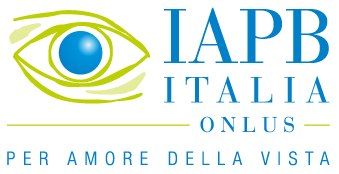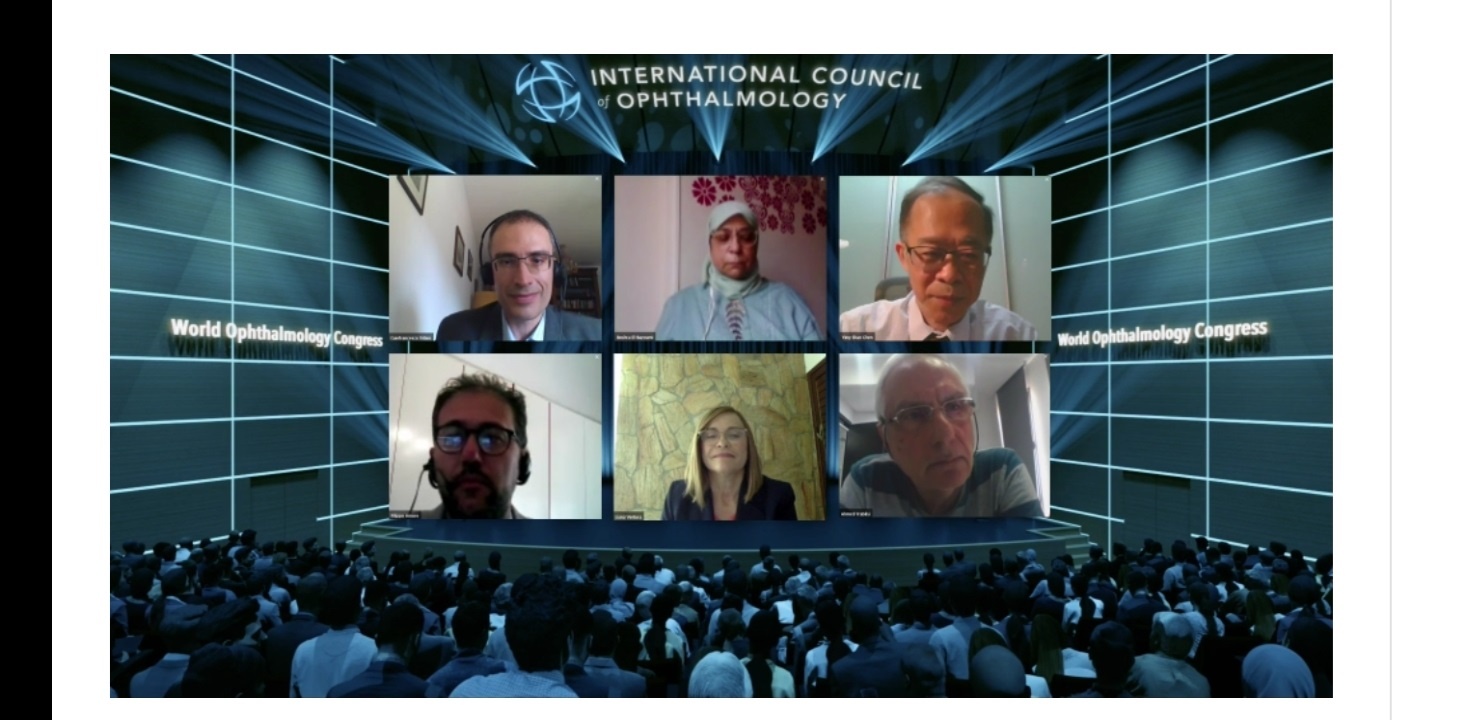Spotlight on vision rehabilitation during the Live program. Italy sets the international standards on rehabilitation but doesn’t provide the same level of service everywhere in its national territory. “Training, multidisciplinarity, and telerehabilitation are at the heart of both our research activities and our collaboration with the WHO”, says Dr. Filippo Amore, director of the center.
The biennial edition of the World Ophthalmology Congress was held between 26 and 29 June 2020 and it was the first to be organized online as a virtual experience.
The National Center on Low Vision gave two presentations at the Congress: the first focused on the curricula for vision rehabilitation operators; the second revolved around the state of vision rehabilitation in Italy.
“Those two areas are connected,” explains Dr. Filippo Amore, director of the National Center and guest speaker at the Congress. “Through the National Center on Low Vision – which has recently been confirmed as a WHO Collaborating Center for the third triennium in a row – Italy has set the international prerequisites in the field of vision rehabilitation and for the curricula which are recognized by the WHO as the gold standard for the training of vision rehabilitation operators. At the same time, our country lacks the necessary professional skills – in terms of the number of operators and training courses – and resources that would make rehabilitation available to visually impaired people who could really benefit from it, and that’s at least one million people”.
“The international effort of the Center also stems from a desire to help our country. Through scientific research, technological innovation, and training, we wish to extend the best practices in vision rehabilitation both to other low vision centers in Italy and to the national health systems of foreign countries, in the latter case thanks to our collaboration with the WHO”.
“We are currently working on the adoption of remote rehabilitation techniques, to cater to the needs of people who cannot access rehabilitation services near home. We contributed to the development of a software called Eye Fitness, which provides a home-based training platform that can be remotely controlled by our operators”.
These same topics were also discussed during one of the main sessions of the Congress Live program, in front of a virtual audience of 130 experts from all over the world.
“Participating in one of the leading international events in the field of ophthalmology is a great recognition of our work and our multidisciplinary approach, which brings together psychological and ophthalmological assistance, training of the residual vision and also in the use of optical, digital and electronic aids. For us, this was also an opportunity to stress that vision rehabilitation is and should be considered an integral part of eye care. When nothing else can be achieved through surgery or medicines, there’s still a lot that visually impaired people can do to safeguard and regain their personal autonomy. This has been our message since the foundation of the National Center in 2007, and it’s a message that is gathering increasing scientific evidence and international support”.



